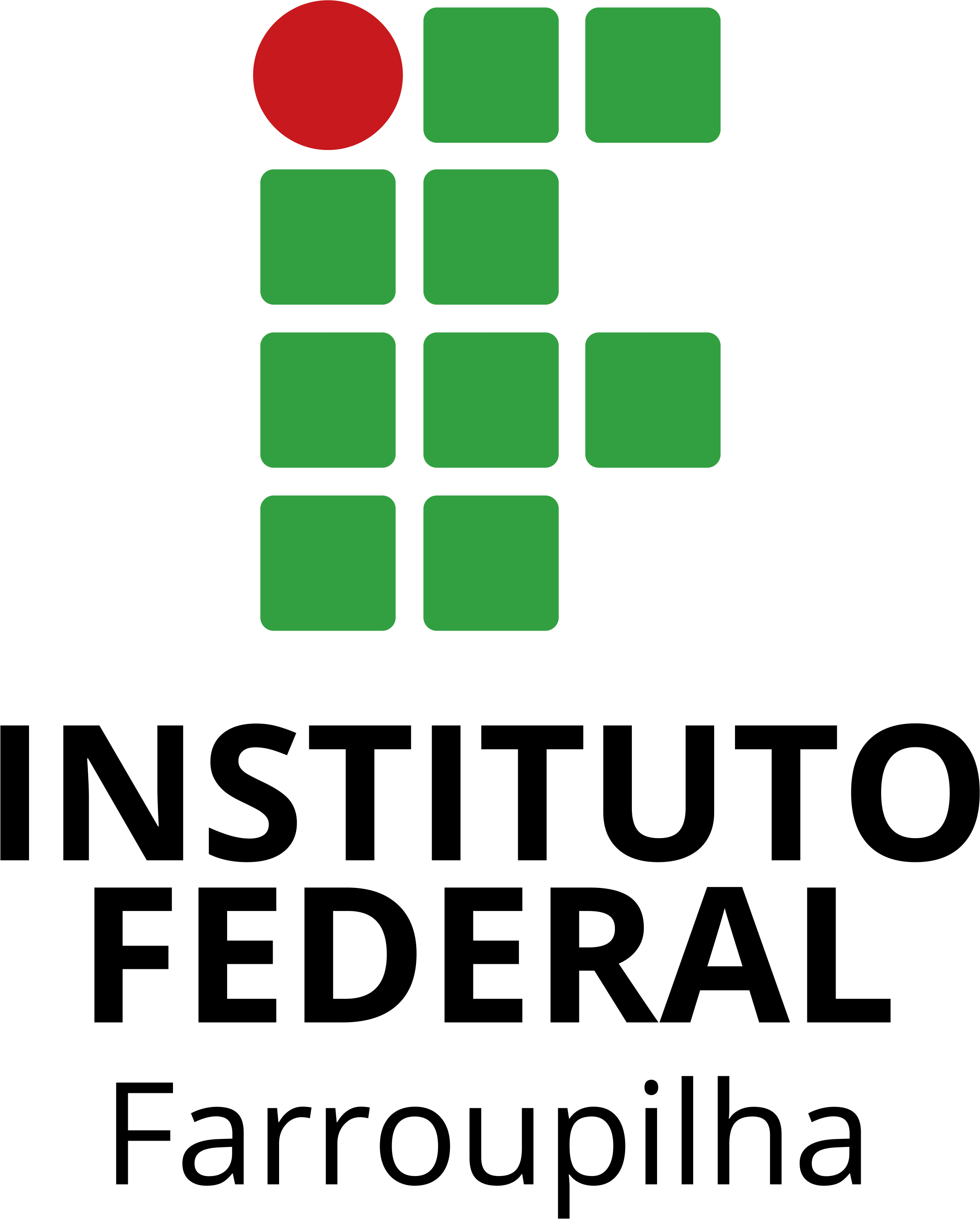Navegando por Autor "Nonenmacher, Sandra Elisabet Bazana"
Agora exibindo 1 - 1 de 1
Resultados por página
Opções de Ordenação
- ItemO ensino de programação na educação profissional e tecnológica: desenvolvimento do pensamento computacional por meio da construção de aplicativos no App Inventor(Instituto Federal de Educação, Ciência e Tecnologia Farroupilha, 2022) Thomas, Rodrigo; Cambraia, Adão Caron; Cambraia, Adão Caron; Nonenmacher, Sandra Elisabet Bazana; Silva, Denilson Rodrigues daComputational thinking is a skill that contributes to the formulation, understanding and problem solving of everyday life. It is, therefore, an important skill for all people (WING, 2006). Thus, the present research brings as a problem: how does the construction of mobile applications through programming based on blocks in App Inventor provide the development of computational thinking and contribute to the learning of programming in Vocational and Technological Education? In order to answer this question, we propose a didactic sequence based on the Three Pedagogical Moments on the teaching of mobile application programming. The research methodology is qualitative, taking the form of case study with groups of students entering the undergraduate courses in Computer Science at Instituto Federal Farroupilha - Campus Santo Augusto and Campus Santo Ângelo/RS. The research data were generated through initial and final perception questionnaires and tests in the CodeMaster tool of the applications built by the participants, aiming to identify the occurrence of the development of computational thinking. The educational product resulting from the research consists of the didactic sequence, divided into five classes and made available through a website, in order to contextualize knowledge to the reality of students, develop skills related to computational thinking and build mobile applications in App Inventor. The results of the case study point to a greater motivation of the students to learn programming and evidence of the development of computational thinking from the resolution of the challenges proposed during the classes.

